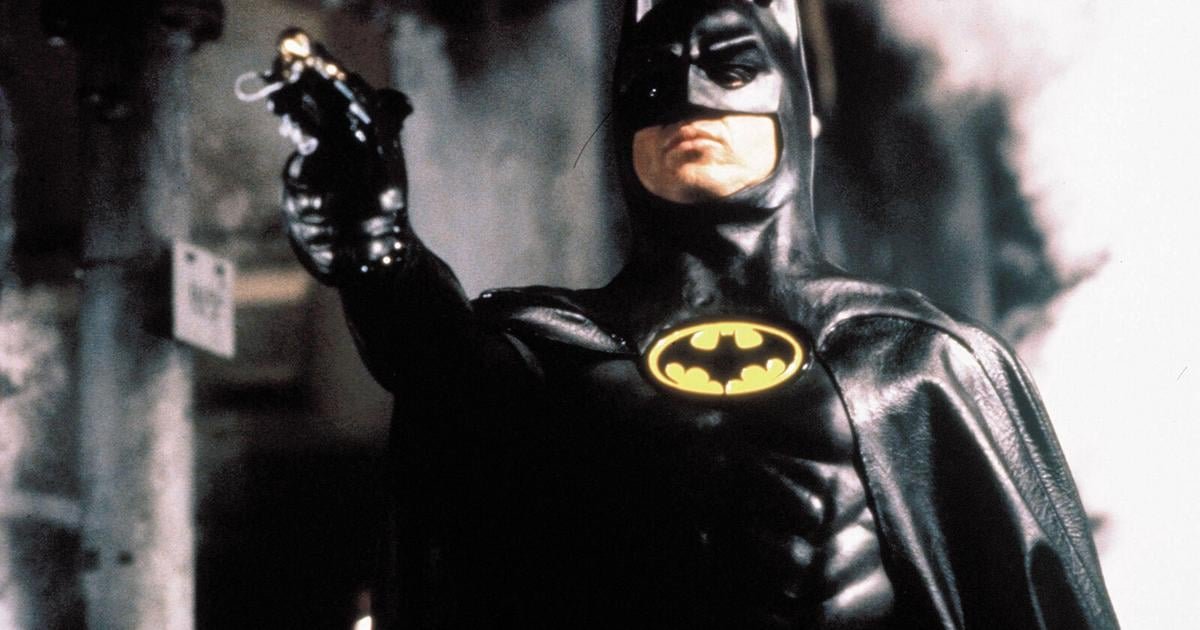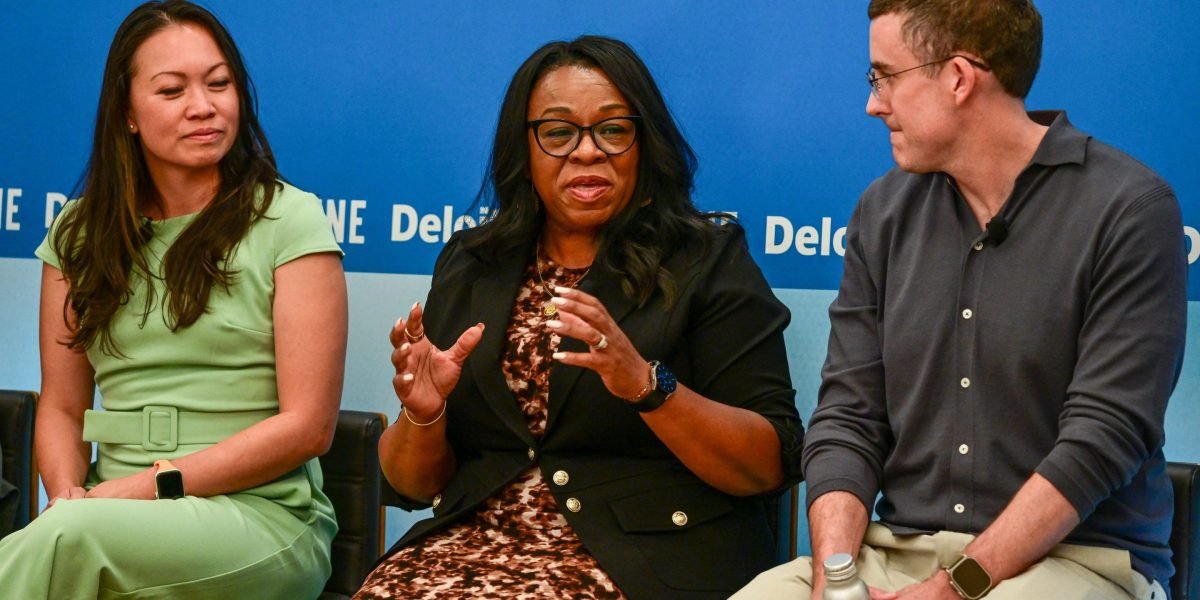Warner Bros. Discovery has joined a key copyright infringement case that could test the legal bounds of using artificial intelligence to create digital replicas of well-known characters.
The company on Thursday filed a copyright infringement lawsuit in Los Angeles federal court against AI company Midjourney Inc., alleging its image generator produces blatant rip-offs of Warner’s well-known and copyright-protected characters, including Superman, Batman, Wonder Woman and Scooby-Doo.
With the suit, Warner Bros. Discovery joins a legal fight brought in June by Walt Disney Co. and Comcast’s Universal Pictures. The Disney and Universal lawsuit marked the first salvo by major studios to elevate the legal struggle over AI-enabled intellectual property, calling it content theft.
The addition of Warner Bros. Discovery could boost Disney’s and Universal’s case. The three entertainment industry leaders control much of the most valuable intellectual property in Hollywood.
Disney’s stable includes Star Wars, Woody the Cowboy, Winnie the Pooh, the Simpsons and Disney princesses. Universal boasts such beasts as the Hulk, Shrek and the Minions.
Warner Bros. controls characters from DC Comics , Looney Tunes and Hanna-Barbera .
It sued on behalf of Warner Bros. , DC Comics, Turner Entertainment Co., Hanna-Barbera Productions, Inc., and the Cartoon Network. The company, which asked for a jury trial, is seeking unspecified damages and an injunction.
The companies allege the four-year-old San Francisco firm Midjourney, which has millions of paid subscribers, built its business off decades of hard work by Hollywood artists, writers and studios.
Midjourney, on its website, describes itself as “an independent research lab exploring new mediums of thought and expanding the imaginative powers of the human species.” Midjourney offers its subscribers use of an image generator to create high-resolution digital depictions, including famous characters like Batman.
Warner Bros. Discovery, Disney and Universal allege that Midjourney trained its generative AI programs by using their copyrighted works. They contend that Midjourney-enabled creations are almost identical to their original copyrighted cartoons. Warner Bros.’ lawsuit included side-by-side renderings of its characters and Midjourney’s reproductions to illustrate the identical details, such as the color of Scooby-Doo’s collar and fur.
Midjourney did not immediately respond to a request for comment.
“The heart of what we do is develop stories and characters to entertain our audiences, bringing to life the vision and passion of our creative partners,” Warner Bros. Discovery said in a statement. “Midjourney is blatantly and purposefully infringing copyrighted works, and we filed this suit to protect our content, our partners, and our investments.”
Warner Bros. Discovery pointed to the value of its franchises, including its DC Comics movies. Films featuring the DC Extended Universe, which were released from 2018 through 2023, generated more than $7 billion in global ticket sales. Each film earned an average of $479 million, the lawsuit said.
“Only Warner Bros. Discovery has the right under U.S. Copyright law to build a business around reproducing, preparing derivative works, distributing, publicly displaying, and performing images and videos featuring its copyrighted characters,” the company said in its lawsuit.
Such exclusive rights and protections allow Warner Bros. Discovery and other studios to make massive investments in content, the lawsuit said, adding: “That is the cornerstone of the U.S. Copyright Act.”
Hollywood performers and writers in recent years have voiced grave concerns about the rapid development of generative AI. The technology is expected to revolutionize the film industry and lead to fewer jobs.
Curbs on the use of generative AI became a sticking point in the historic 2023 strikes by actors and writers.
Disney and Universal applauded Warner Bros. for joining their legal battle.
“Disney is committed to protecting our creators and innovators, and we’re pleased to be joined by Warner Bros. Discovery in the fight against Midjourney’s blatant copyright infringement,” Disney said in a statement.
























